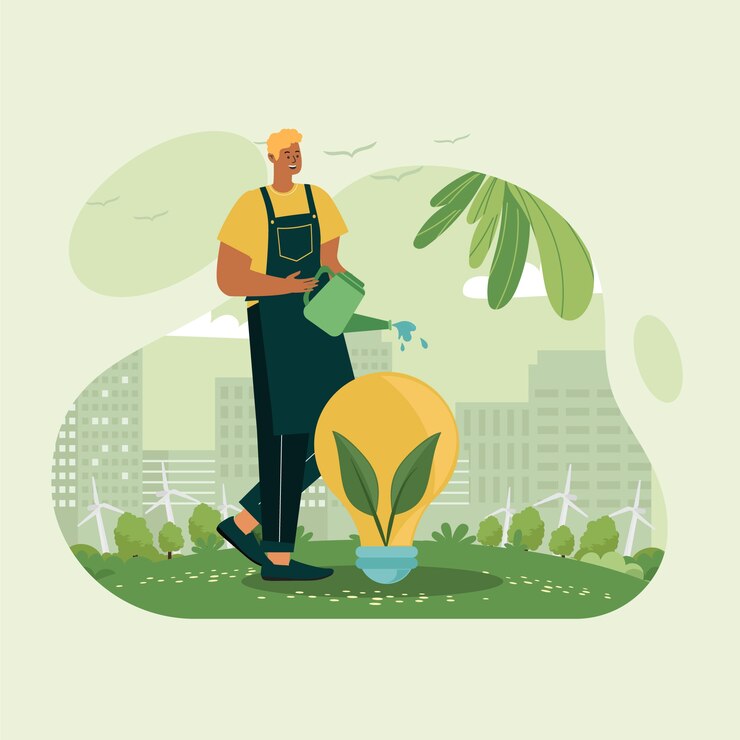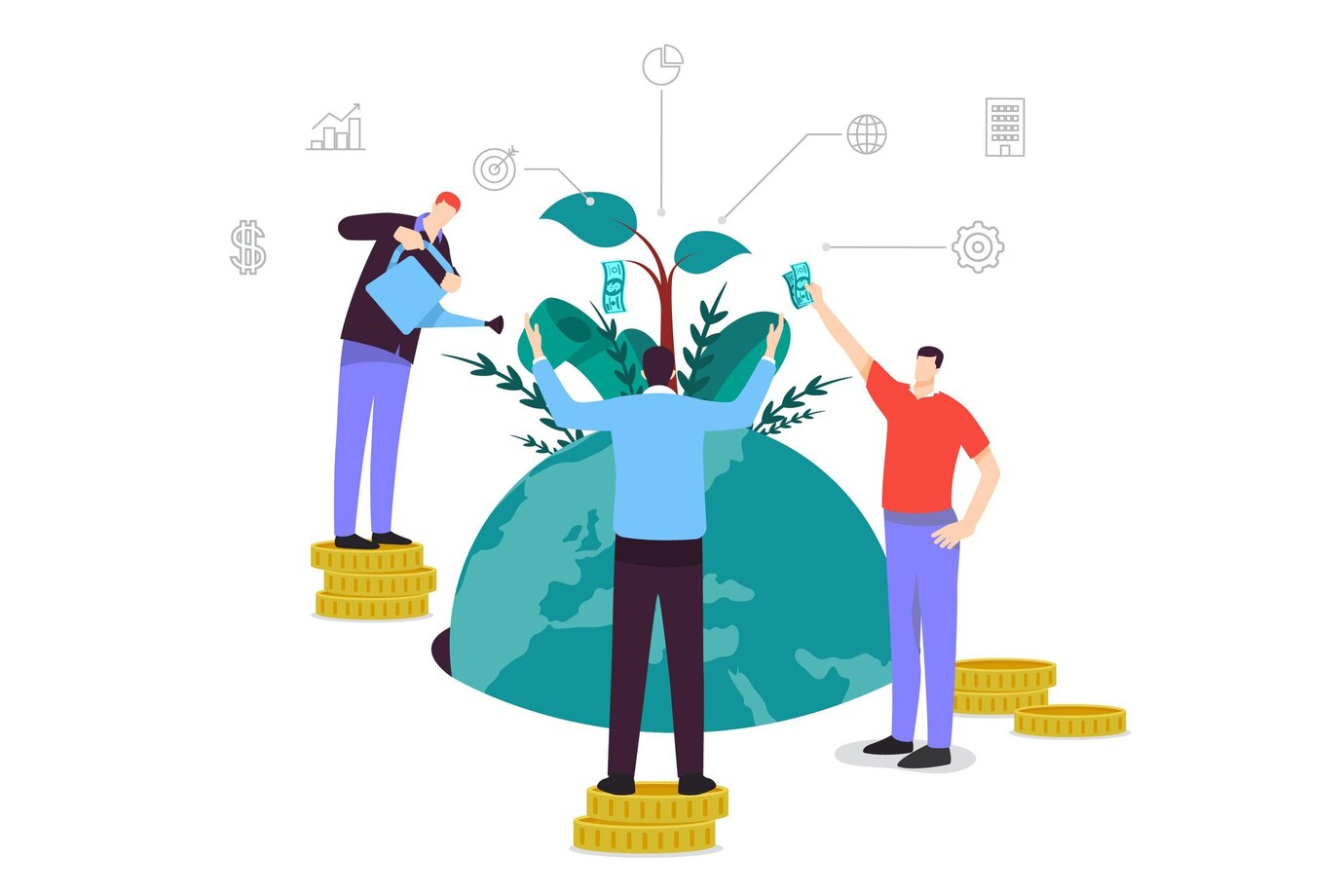In the quest for economic growth and development, the value of nature is often overlooked or undervalued. However, a growing body of research highlights the significant economic benefits of environmental conservation and the critical role that natural capital plays in sustaining human well-being and prosperity. In this article, we explore the economic case for investing in nature and the potential returns on such investments.

1. Ecosystem Services and Natural Capital
Ecosystem services are the benefits that humans derive from ecosystems, including clean air and water, pollination, carbon sequestration, and flood regulation. These services, provided by healthy and intact ecosystems, underpin economic activities and contribute to human health, food security, and resilience to natural disasters. Natural capital, the stock of natural resources and ecosystems, forms the foundation of these ecosystem services and is a critical component of sustainable development.
2. Cost Savings and Risk Reduction
Investments in environmental conservation can yield significant cost savings and risk reduction by preventing or mitigating environmental damage and associated social and economic costs. For example, preserving wetlands and forests can reduce the risk of flooding and landslides, saving communities billions of dollars in disaster recovery expenses. Similarly, investing in green infrastructure, such as natural flood barriers and urban green spaces, can enhance resilience to climate change and reduce the need for costly infrastructure repairs.
3. Enhanced Productivity and Economic Growth
Healthy ecosystems support productive and resilient economies by providing essential resources and services for agriculture, forestry, fisheries, tourism, and other industries. For example, coral reefs and mangrove forests protect coastlines, support fisheries, and attract tourists, generating billions of dollars in economic value annually. By investing in ecosystem restoration and sustainable management practices, countries can enhance productivity, create jobs, and stimulate economic growth while safeguarding natural resources for future generations.
4. Ecotourism and Nature-Based Recreation
Nature-based tourism, or ecotourism, offers significant economic opportunities for communities and regions endowed with rich biodiversity and scenic landscapes. Protected areas, such as national parks, wildlife reserves, and marine sanctuaries, attract millions of visitors each year, generating revenue from entrance fees, accommodations, and recreational activities. By conserving and responsibly managing natural areas, countries can capitalize on the economic potential of ecotourism while preserving their natural heritage and supporting local livelihoods.
5. Innovation and Green Technology
Investments in environmental conservation and sustainable development drive innovation and the development of green technologies, creating new economic opportunities and markets. From renewable energy and clean transportation to green building materials and sustainable agriculture practices, technological advancements offer solutions to pressing environmental challenges while stimulating economic growth and job creation. By supporting research and development in green technologies, governments and businesses can foster innovation and competitiveness in the global marketplace.
Conclusion
In summary, the economic case for investing in nature is clear and compelling. By recognizing the value of ecosystem services, minimizing environmental risks, enhancing productivity, promoting ecotourism, fostering innovation, and creating green jobs, countries can reap substantial economic benefits while safeguarding natural resources and biodiversity. As we strive to build a more sustainable and resilient future, investing in nature must be seen not as a cost but as a wise and strategic investment in the well-being of current and future generations.
